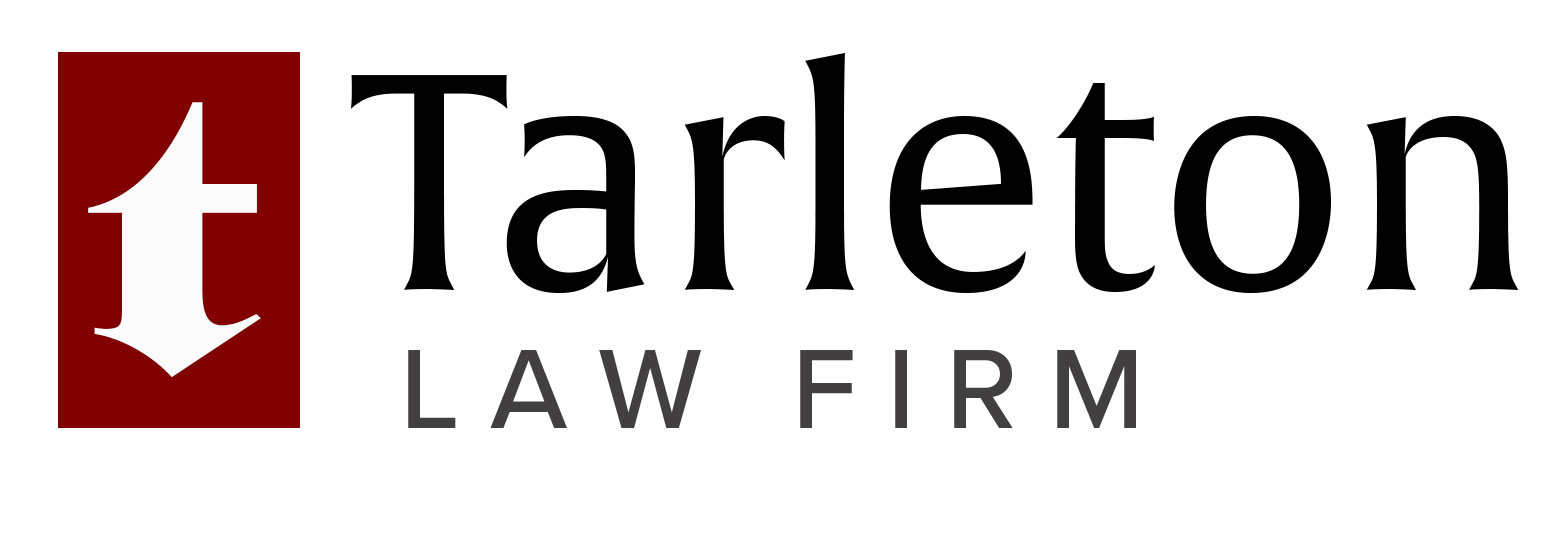Why own a home in a Revocable Living Trust? If you own real estate in your personal name at death, some form of probate in the state where the property is located will be required to transfer the property to your heirs or beneficiaries. In order to avoid or minimize probate (especially for individuals who own real estate or mineral interests in multiple states), clients sometimes include a Revocable Living Trust in their estate planning since assets in the trust pass outside of probate. If your estate plan includes a Revocable Living Trust (“RLT”), it is important to understand not only the terms of your trust but also the laws that govern the transfer of your real estate to the trust. Signing …
Effective as of January 1, 2018, the recently enacted Tax Cuts and Jobs Act (“TCJA”) made many significant changes to the tax law, including the area of estate and gift taxes. These changes present an opportunity to take advantage of a historically large exemption amount, and should also prompt a review of existing estate planning documents and beneficiary designations (particularly if such plans were made based on the much lower exemption amounts before 2010). Temporary Increase in Federal Estate, Gift, and Generation-Skipping Transfer (“GST”) Tax Exemption Amount Increased Exemption. For 2017, individuals had an exemption of up to $5.49 million against Federal estate, gift, and generation-skipping transfer taxes ($10.98 million for a married couple). For 2018, those exemptions are now doubled, to approximately $11.2 …
